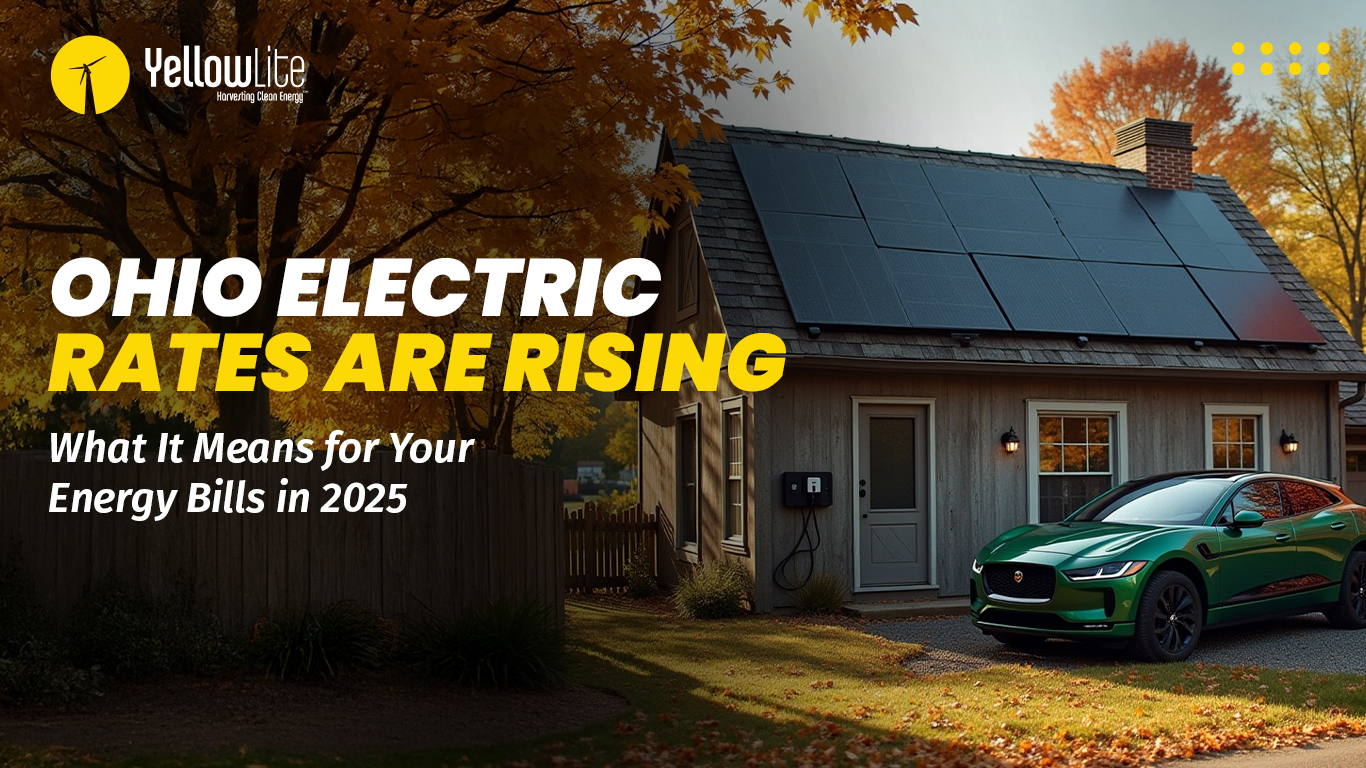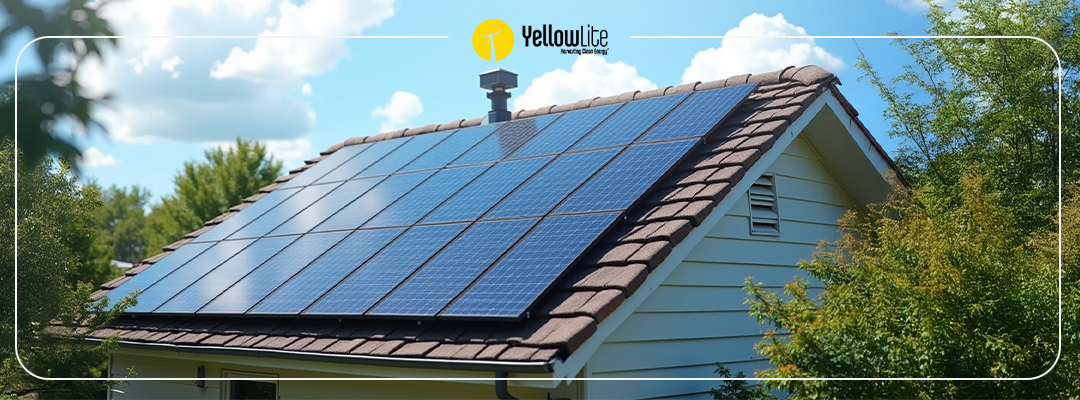If a new solar system is still in play as one of your New Year’s resolutions, you’re probably wondering if it's a wise investment.
Given the advancements in technology, shifts in policy, and the growing emphasis on green living, the answer to whether residential solar installation is a wise investment in 2024 is a resounding yes. In this blog, we will delve into why solar energy remains a smart choice for homeowners looking to reduce their carbon footprint, save on energy costs, and enhance the value of their property.
Solar panels offer significant cost savings
There have never been more ways to save money by going solar.
One of the most compelling arguments for transitioning to solar energy is the substantial savings on utility bills. While the upfront investment can be considerable, solar panels ultimately allow you to significantly reduce your reliance on traditional power sources using a variety of different strategies:
Federal Tax Write-Offs: The federal government supports renewable energy adoption through tax incentives. Homeowners installing solar panel systems can benefit from the Investment Tax Credit (ITC), which allows you to deduct a significant percentage of the cost of your solar energy system from your federal taxes. This incentive makes the initial investment more manageable and accelerates the payback period.
The ITC offers a 30% dollar-for-dollar tax reduction for systems installed between 2022 and 2032. The deduction decreases to 26% for systems installed in 2033 and 22% for systems installed in 2034. It will expire in 2035 unless Congress renews it.
Here’s what’s covered in the write-off according to the bill:
- The bill covers various components in the write-off, including solar PV panels or cells (excluding fans powered by PV cells), contractor labor costs (onsite preparation, assembly, or original installation), and balance-of-system equipment like wiring, inverters, and mounting hardware. Additionally, energy storage devices with a capacity of 3 kWh or greater, installed after December 31, 2022, qualify for the write-off. It's important to note that these incentives apply even if the storage is installed in a different tax year than the solar energy system, although installation date requirements still apply. However, a private letter ruling on these matters may not serve as a precedent for other taxpayers.
- Sales taxes on eligible expenses
State Tax Incentives and Rebates: Many states, including Ohio, offer additional incentives, including state tax credits, rebates, and grants. These programs vary by location but further reduce the out-of-pocket costs of solar installations, making solar energy more accessible to a broader audience. Research whether your county or city offers property tax abatements or home loans for your solar installations.
Net Metering: Net metering policies allow homeowners to sell excess energy produced by their solar panels back to the grid. This exchange provides additional savings or credits on your energy bills, enhancing the financial returns of your solar investment over the long term.
Solar Loans: Many states offer various financing options, including solar loans. These loans often feature favorable terms and conditions, enabling homeowners to spread out the cost of the system over time while enjoying immediate energy savings.
Energy Independence: A Step Towards Self-Sufficiency
Investing in solar energy gives you control over your energy consumption, reducing reliance on the grid and protecting against rising energy prices. This self-sufficiency is particularly valuable in energy uncertainty, providing peace of mind and a consistent power supply.
Energy independence becomes particularly valuable during instances of grid instability and natural disasters. In areas prone to extreme weather events such as hurricanes, earthquakes, or severe storms, the power grid can be compromised, leading to extended outages. A solar panel system, especially one equipped with battery storage, allows homeowners to maintain power during these disruptions, ensuring that essential functions like lighting, refrigeration, and communication devices remain operational. This self-sufficiency provides peace of mind and can be life-saving in emergencies where access to electricity is critical.
As utility prices fluctuate due to various factors, including fuel prices, government regulations, and market demand, homeowners with solar energy systems feel less impact. They can enjoy a consistent and predictable energy supply without worrying about unexpected spikes in their energy bills.
Increased Property Value: A Bright Investment
Solar installations are attractive for potential homebuyers, directly contributing to increased property values. Homes with solar panels often sell faster and at a premium compared to non-solar properties. This added value is a testament to the growing demand for sustainable and energy-efficient homes, making solar panels a wise investment for today and the future.
Get it right with Yellowlite
As we move into 2024, the decision to go solar shines brighter than ever. With the promise of significant savings, the autonomy of generating your own power, and the added benefit of increasing your home's value, solar panels represent a win-win for homeowners.. By choosing solar power, you are investing in a greener tomorrow and positively impacting the planet.
Do you have any additional questions about how solar can benefit you in 2024? Contact one of our pro-solar experts, and we’ll be happy to help!



